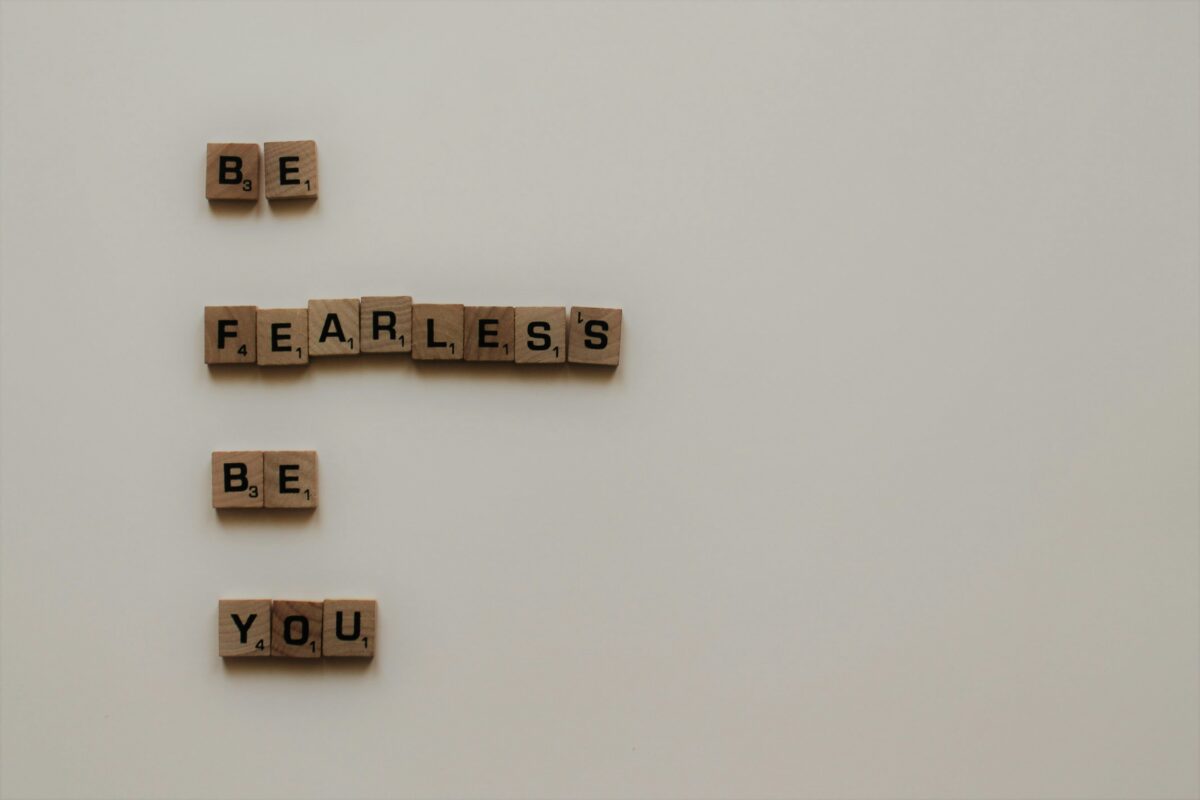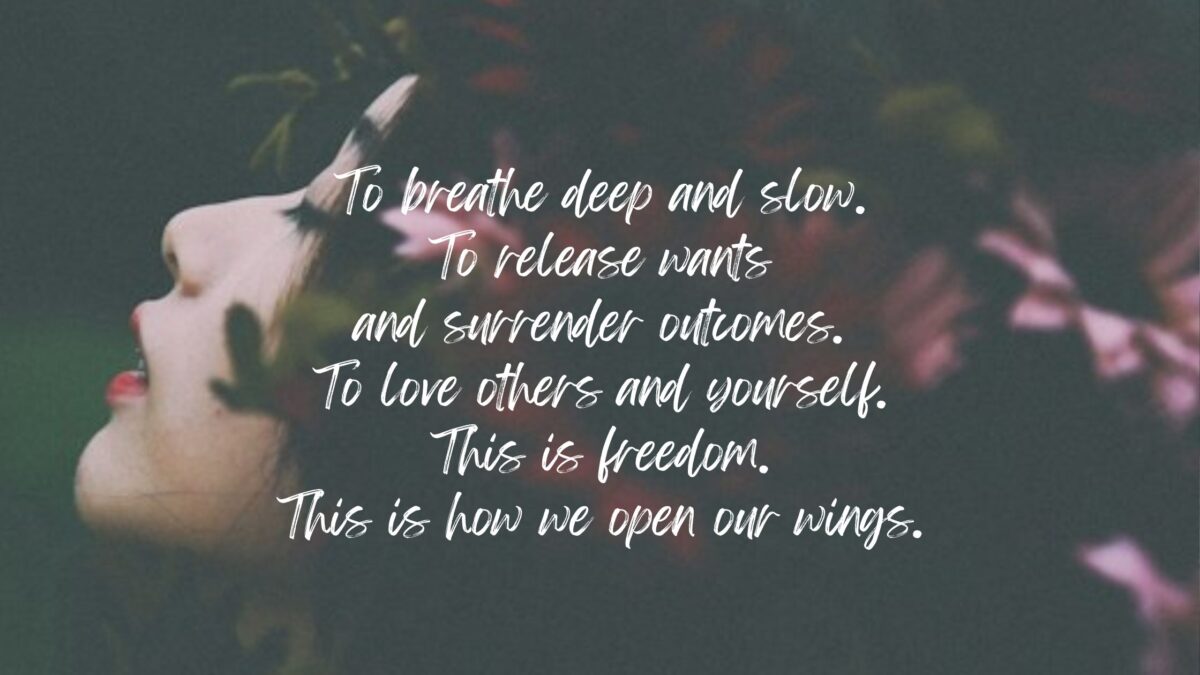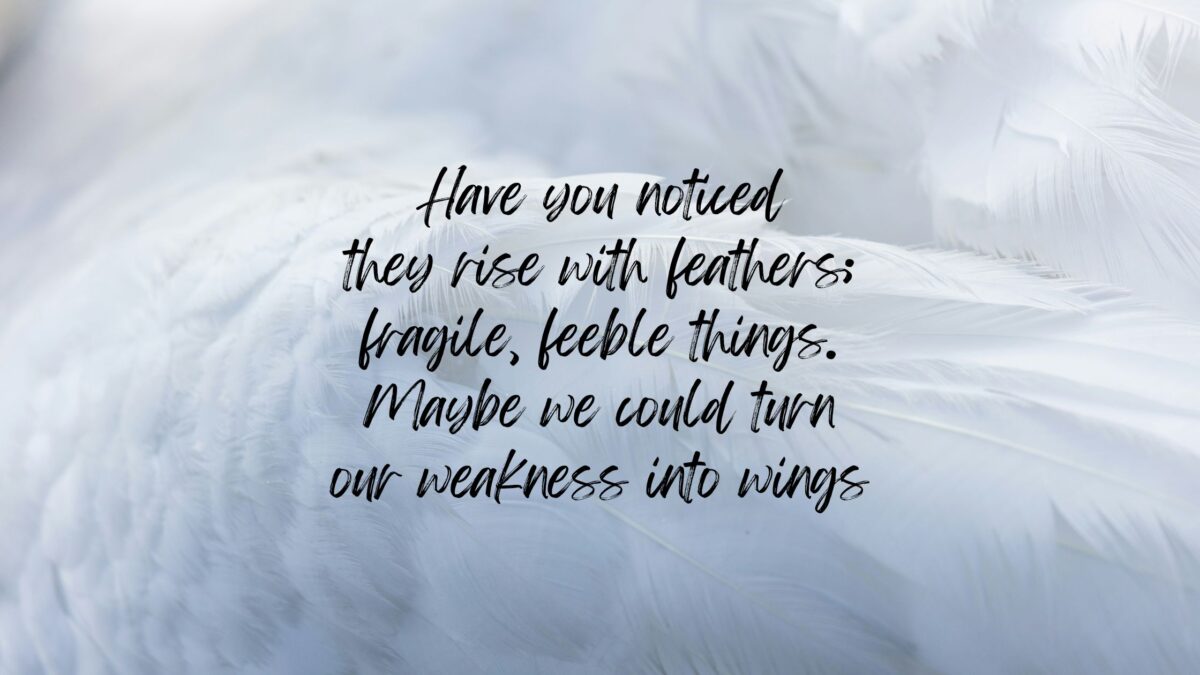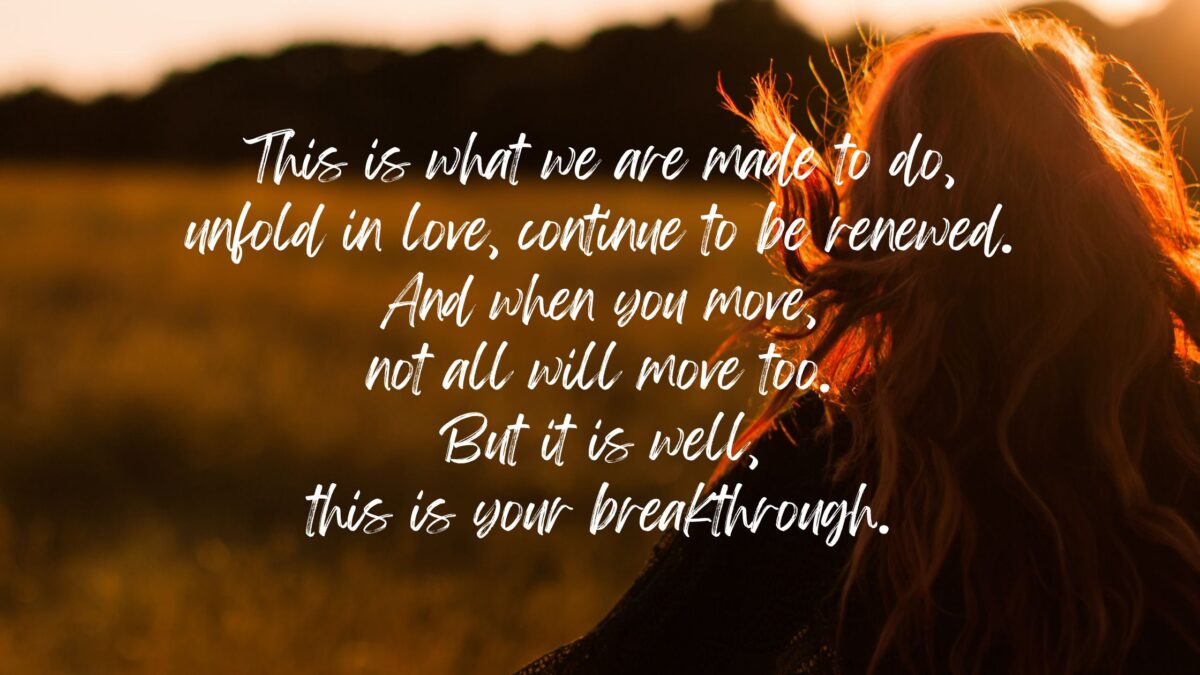Letting Go of Falsehoods
To me, goodbye letters are a special kind of writing. They let us release the falsities, those delicate illusions we spin around our hearts to survive. They are the imagined versions of our lives that quietly steal from the real ones we’re living.
They’re the marriages that never materialised, the families that only exist in our fantasies, the career that feels better in our dreams than in our day calendars, or the fulfillment we thought we’d feel when we bought that long desired purchase.
In writing goodbye, we gently loosen our grip on the stories we’ve told ourselves. Stories that made life seem more romantic, or heroic, or fair. Stories that were beautiful, but untrue.
Farewell: A Word with Weight
The word farewell traces back to the old English phrase “fare thee well,” a blessing for when parting. It’s a sending off with warmth, a hope that the road ahead is kind, even as it leads away from us.
To farewell something well is to bless it as it leaves. It’s not about bitterness or regret. It’s about releasing what no longer serves us with clarity and compassion.
When we say farewell with open hands, something softens in us. There’s no need to punish the parts of ourselves that hoped, that were too naive to see or understand, that believed things would be better. Farewell becomes a way of saying: It was what it was and now I see that I release it with clarity and gratitude.
The Village That Never Was
Recently, I wrote a goodbye letter of my own. It was addressed to something tender, something not quite tangible, a village I had carried in my heart for a long time. A felt-sense of belonging, depth, and mutual care. A community I believed in, hoped for, and at times, glimpsed in fragments.
Over the years, I’d quietly built this village in my mind, a place where everyone showed up with presence and honesty, where loyalty was mutual, where I could root down and raise my children. It was comforting to imagine something wide, warm, and unwavering, a place where I could rest without question, where belonging wasn’t earned but simply offered.
But eventually, I had to admit something quietly painful: the village I longed for and the one I experienced didn’t fully match. That doesn’t mean there was no kindness, or that people failed me. It just means I had placed a deep yearning into a space that couldn’t hold it all.
This isn’t about blame. It’s about understanding. About noticing where I had layered imagination over reality, and gently peeling it back, not to expose something cold or cruel, but simply something different than I’d hoped.
The goodbye I wrote wasn’t bitter. It was full of affection and gratitude for what had been real. And also a soft release of what hadn’t. There’s something freeing in naming that, without shame, without judgment. Just truth, spoken with an open heart.
Letting go of the imagined village allowed me to see what actually was, both its beauty and its limits.
Words That Worked
I ended the letter with these words:
“I release you, imaginary village. Thank you for all that you gave me. I let go of needing you to be real.”
Saying goodbye like this allowed me to honour both my imagination and my reality. Both are important. One helps me dream; the other helps me live.
The letter gave me closure I hadn’t known I needed. By naming what was real and what was imagined, I no longer had to carry the confusion. I could love what I had once believed in, even as I made peace with what it never became.
If you find yourself stuck in a loop of disappointment, consider this: maybe you don’t need to “fix” anything. Maybe you just need to say goodbye to a version of the story that never really happened.
What Fantasy Needs Farewelling?
So friends, what fantasy is still clinging to the edges of your life? What idealised version of a relationship, a dream, a place, or a version of yourself are you still waiting to show up?
What goodbye letter could you write that would usher you back into the present, into what is, rather than what isn’t?
Saying farewell doesn’t mean you’ve failed. It means you’re awake to what’s true. It means you’ve found the quiet courage to meet life as it is.
Write the letter. Let the truth in. Break up with the fantasy, and make space for what is beautifully, quietly, enough.










